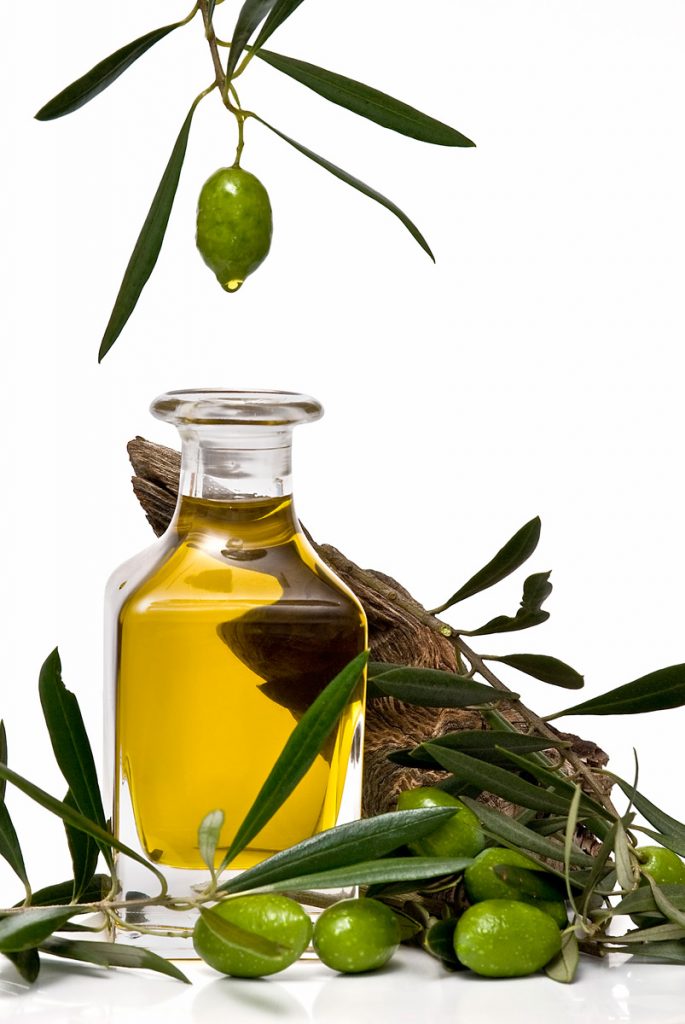
Olive is the tree that the Greeks worshiped since antiquity. According to Greek Mythology, the Goddess Athena donated to the Athenians the first olive tree in the world, which grew up where she struck her spear during the struggle between the gods to promote the protector of Athens.
In the Olympic Games that began in 776 BC, the ancient Greeks crowned the winners with the “kοtino” made of olive branches from the same wild olive tree, a source of inspiration for the modern Olympic Games.
After the excavations at the Methana, the oldest olive press in Greece (dated 4000 BC), we learn that the use of olive oil has been known since these years, Also, the excavations in Knossos, brought to light earthenware lamps that burned oil, during the Early Minoan era (before 3000 BC).
Ancient Greeks attributed their physical strength and spiritual wellbeing to the consumption of olive oil and according to Hippocrates, the father of medicine, olive oil was considered beneficial for more than 60 therapeutic uses, calling it “Grand Therapist”.
Nowadays, we know that olive oil contains high levels of monounsaturated fatty acids as well as a wealth of bioactive ingredients. Some of these are the phenolic components which are the most studied. Regarding the benefits of monounsaturated fatty acids to human health, the American Food and Drink Agency (FDA) has licensed high quality health claims , for the first time in 2004. This concerned the protection offered by monounsaturated fatty acids in olive oil against the risk of cardiovascular disease.
The olive oil is more than a rich monounsaturated fatty acids source. Its phenolic ingredients have shown anti-inflammatory and chemo-protective properties. The oleocanthal of olive oil has been found to have a similar effect with the ibunoprofen anti-inflammatory medicine.
In Greece the ideal geoclimatic conditions as well as the sunny days combined with the appropriate cultivation conditions, have the effect of creating a worldwide higher lever, extra virgin.
Quality is determined by the following features:
- Colour
- Taste and aroma
- acidity
- Light and heavy
- Oxidation
‘Virgin olive oils’ are classified and arranged analytically with the following names, depending on their free fatty acids content(acidity) and on some specific features that provided for each category:
- Extra virgin olive oil (acidity ≤0,8%)
- Virgin olive oil (acidity ≤2,0%)
- Olive oil Labade (acidity >2,0%) (is inappropriate for consumption and is intended for industrial use)




